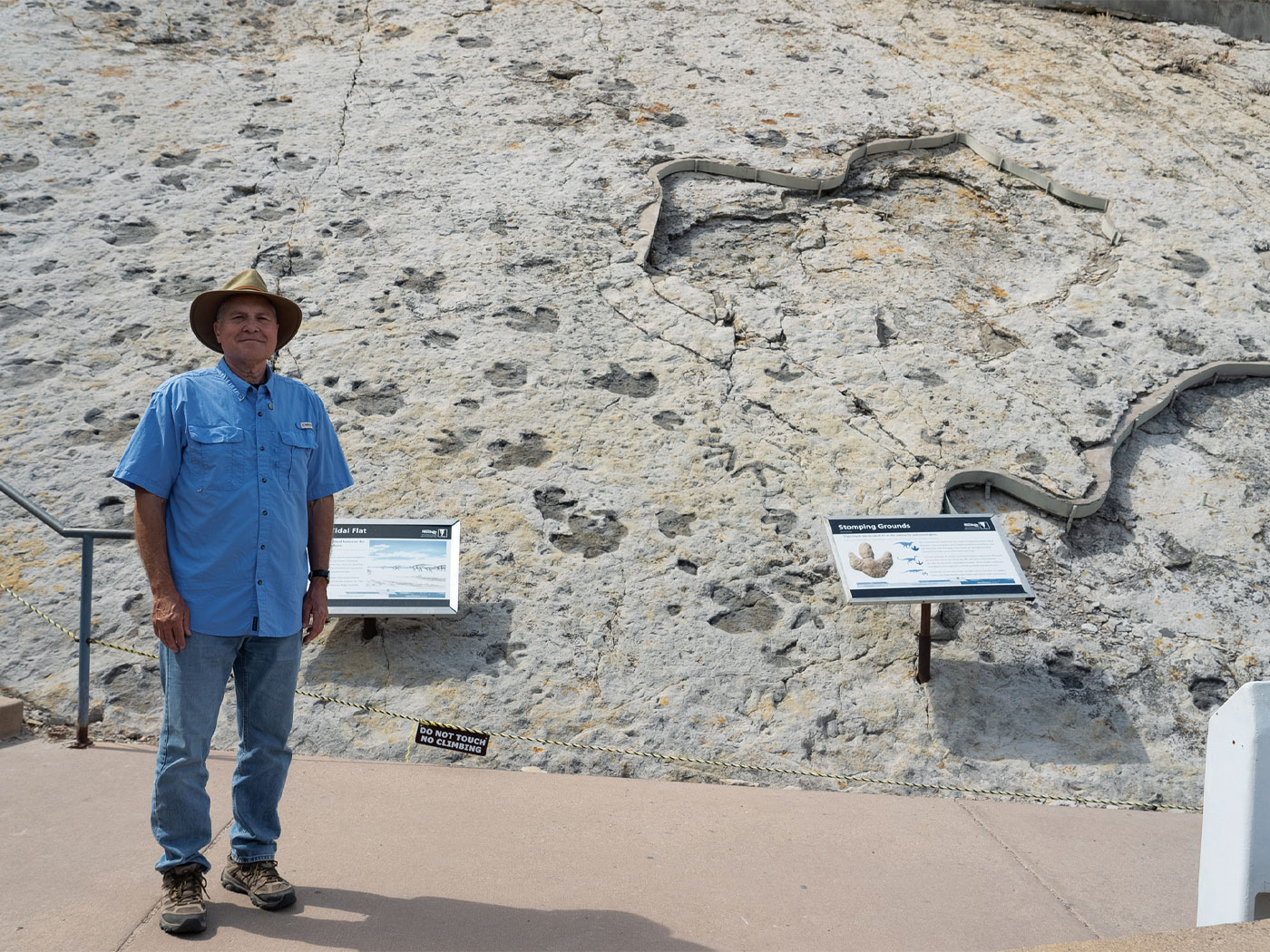How do we know that God exists and the Bible is His Word? Many people think God’s existence is just like any other truth claim—a hypothesis we can confirm or falsify by proper reasoning from more certain knowledge. Commonly, people start with the things they know for sure by their own experiences and then reach a conclusion about God’s existence. Perhaps their experience with cause-and-effect leads them to reason that the universe must have a cause and maybe that cause is God. Perhaps the intricate design of the human body prompts some to believe in the biblical God. In all such cases a person begins with what he knows to be true from his observations of the world and then applies his rational faculties to draw a conclusion about God’s existence.
But there is a problem for skeptics. If God did not exist, there would be no reason to trust that our observations correspond to reality or that the human mind is capable of rational thought. After all, if our sensory organs were merely the unplanned result of evolution, then there would be no reason to presume that they truly sense the universe. If the human brain were simply the accidental result of mutations—errors in DNA—then there would be no reason to suppose that the brain is capable of discerning truth from error. After all, why trust a mindlessly produced accident to be right about anything? So, if God did not design us, then we would have no rational reason to think that our own reasoning is rational.
On the other hand, if God created us in His image, after His likeness (Genesis 1:26), then we would have a very good reason to expect that our minds are capable of rational reasoning (Isaiah 1:18). We have a good reason to trust that our sensory organs perceive reality since God designed them to do just that (Proverbs 20:12). We can have knowledge of things if, and only if, the Bible is true in what it says about God.
God is the source of all knowledge (Colossians 2:3), and He revealed some of His knowledge to us in profound ways. He designed our sensory organs to probe the external world and our minds to make rational deductions. God placed knowledge of Himself and His moral standard in the core of our being (Romans 1:18-20; 2:14-15). But apart from Him, we could know nothing. Therefore, God is not simply the conclusion of a chain of reasoning; rather, He is the foundation for all reasoning. So, the existence of God is not a mere hypothesis to be tested but is the foundational truth that makes it possible for us to test hypotheses about anything else. The fear of the Lord is the beginning of knowledge (Proverbs 1:7).
God graciously gives some knowledge even to those who rebel against Him. The secularist suppresses His knowledge of God (Romans 1:18-19). Yet, he uses his God-given sensory organs and his God-given mind to argue against God. It’s a strange conundrum. If the atheist were successful in arguing against God, he would lose the only rational basis for trusting his own thoughts and perceptions.
The situation is analogous to someone who argues against the existence of air. The critic of air must use air to voice his argument. The fact that he is able to state his position demonstrates that it is wrong. Likewise, the atheist uses his God-given mind and God-designed senses to argue against God. But if God didn’t exist, then there would be no reason for the atheist to trust his own senses or his own mind. There can be no doubt that God exists; any alternative is self-refuting.
* Dr. Lisle is Director of Physical Sciences at the Institute for Creation Research and earned his Ph.D. in astrophysics from the University of Colorado.




















